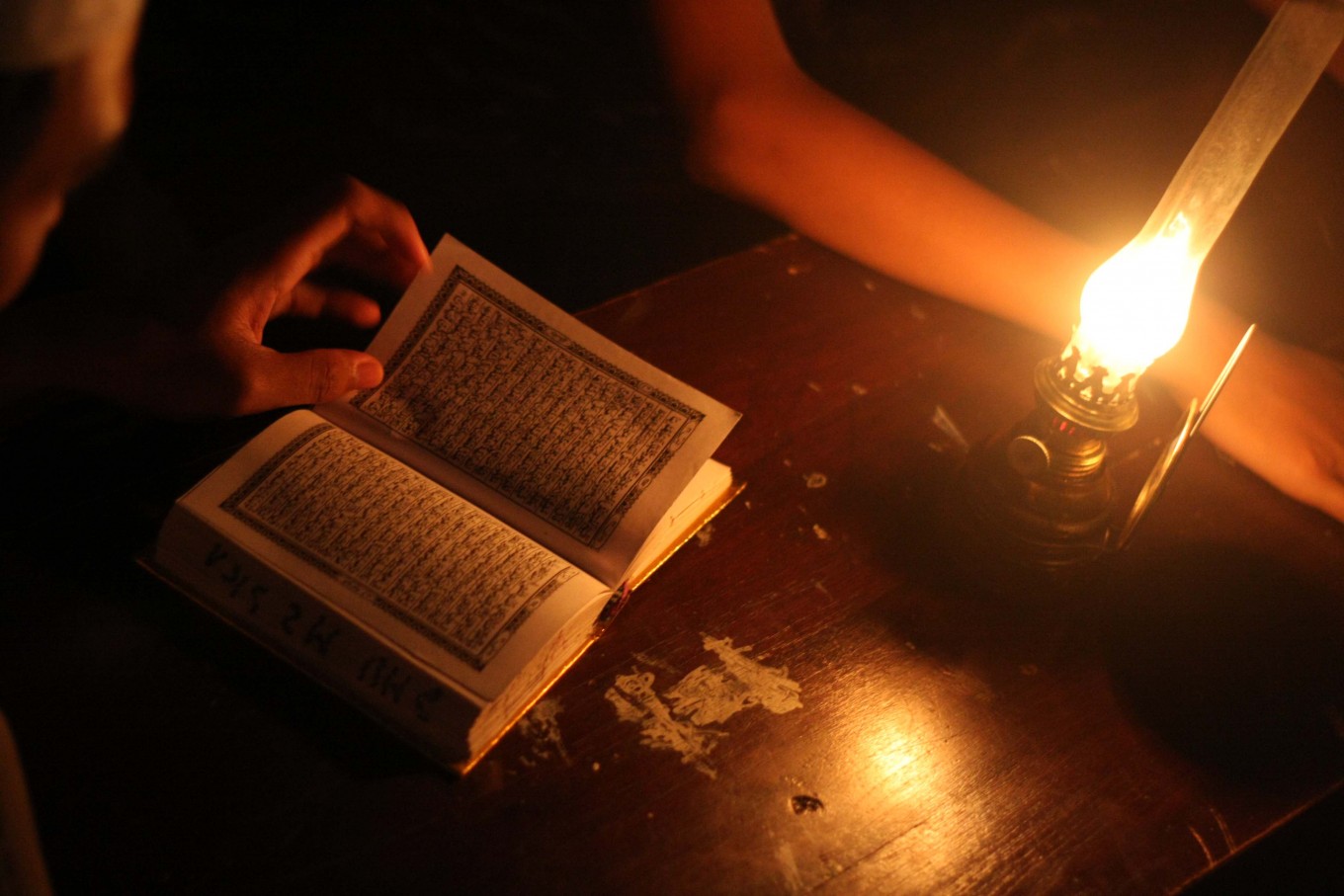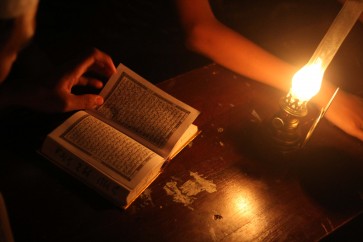Popular Reads
Top Results
Can't find what you're looking for?
View all search resultsPopular Reads
Top Results
Can't find what you're looking for?
View all search resultsReligious scripture :When 'blasphemy' was all right
Religious scripture, according to a famed poet, was filled with “lies that are believed in every generation”.
Change text size
Gift Premium Articles
to Anyone
R
eligious scripture, according to a famed poet, was filled with “lies that are believed in every generation”. Such a remark may not seem strange in this day and age — though in Indonesia, unfortunately, it could cost you jail time.
The remark was made by Al-Ma’arri in 10th century Syria, during the Abbasid Caliphate. Though his words sparked controversy, Al-Ma’arri was never tried for his seemingly blasphemous words. He lived a long life and died at the age of 83.
The philosopher-physician Ar-Razi, who lived a few decades earlier, was also known for his stern criticism of religion. In his book, Fil Nubuwwat (On Prophecies), Ar-Razi wrote that religions were unreliable guides in understanding reality.
He believed holy scripture was limited in its capacity to reveal truth, unlike scientific reasoning. He too lived a long life without enduring trials for blasphemy.
Indeed, contrary to the stereotypical portrayal of the medieval period as being backward and oppressive, the caliphate was actually relatively rich in its philosophical and religious exchanges. Thought-provoking statements on such matters were common and not limited only to a handful of scholars.
Majlis — a gathering of different religious or philosophical groups — were often held in public. Any man could join without any fear of blaspheming the other side. Occasionally, the royal court also invited religious scholars from different religions to debate theology.
Unlike our celebrity modern-day preachers such as Zakir Naik or Pat Robertson, debates on religion at that time were not spectacles to daze the audience. They were an attempt to share viewpoints from each religion. Both sides need to understand their interlocutors’ modes of thought — a way dubbed by Caliph Al-Ma’mun as “nothing but the best”. Al-Ma’mun himself established Baitul Hikmah, a public library that translated the works of Greek philosophers.


















